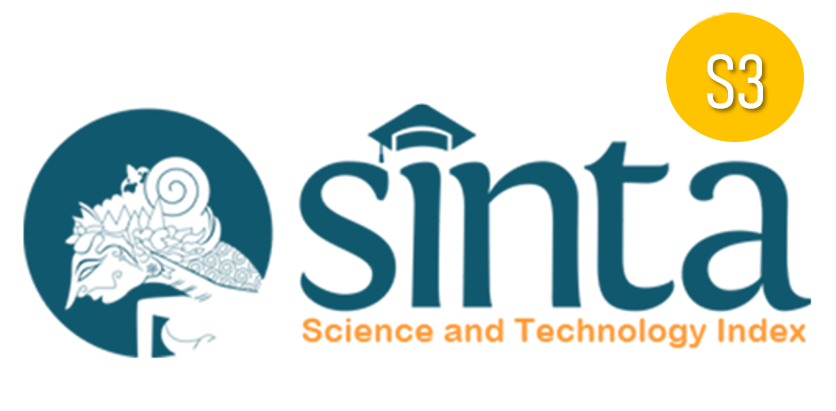Effect of Concept Mapping Teaching Approach on Students’ Academic Performance in Chemistry in Senior Secondary Schools
Abstract
Keywords
Full Text:
PDFReferences
Akinsola, M.A., and Igwe, L. (2009). The relative effectiveness of meta cognitive strategy of framing on students’ achievements in selected difficult chemistry concepts. Journal of STAN, 25(1), 10-19.
Akinsola, M.A., and Igwe, L. (2017). The relative effectiveness of meta cognitive strategy of framing on students’ achievements in selected difficult chemistry concepts. Journal of STAN, 37(1), 20-28.
Alaka A.A., and Obadara, O.E (2013). Scholastic performance of students at West African Senior Secondary Certificate Examinations in Nigeria. Journal of Educational and Social Research, 3(1), 272-285.
Ezeudu, F.O. (2011). Science classroom environment.as correlate of academic performance of girls in sciences in oji-river l.g.a. of Enugu State. International Journal of Educational Research, 5(1), 2-3.
Ezeugo, N.C., and Agwagah U.N.V (2018). Effect of concept mapping on student’s achievement in algebra: Implications for secondary mathematics education in the 21st Century. Abacus, 25(91), 1-12.
Idris, A., and Rajuddin, M.R. (2012). The influence of teaching approaches among technical and vocational education teachers towards acquisition of technical skills in Kano State- Nigeria. Journal of Education and Practice, 3(16), 160-165.
Jahun, J.U., and Momoh, J.S. (2011). The effect of environment and sex on mathematics achievement of J.S.S III students in Kwara State. ABACUS Journal of Mathematics Association of Nigeria, 18, 53-58.
Mari, J.S. (2019). Gender related differences in acquisition of formal reasoning schemata: Pedagogical implication of teaching chemistry using power Based approach. JSTAN, 37(1-2), 76-81.
Novak, J. D., and Cañas, A. J. (2007). Theoretical origins of concept maps, how to construct them, and uses in education. Reflecting Education, 3(1), 29-42.
Varanka, D. E., and Usery, E. L. (2018). The map as knowledge base. International Journal of Cartography, 4(2), 201-223.
DOI: https://doi.org/10.17509/ijert.v3i1.46145
Refbacks
- There are currently no refbacks.
Copyright (c) 2022 Universitas Pendidikan Indonesia

This work is licensed under a Creative Commons Attribution-ShareAlike 4.0 International License.







.png)




